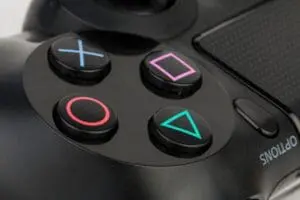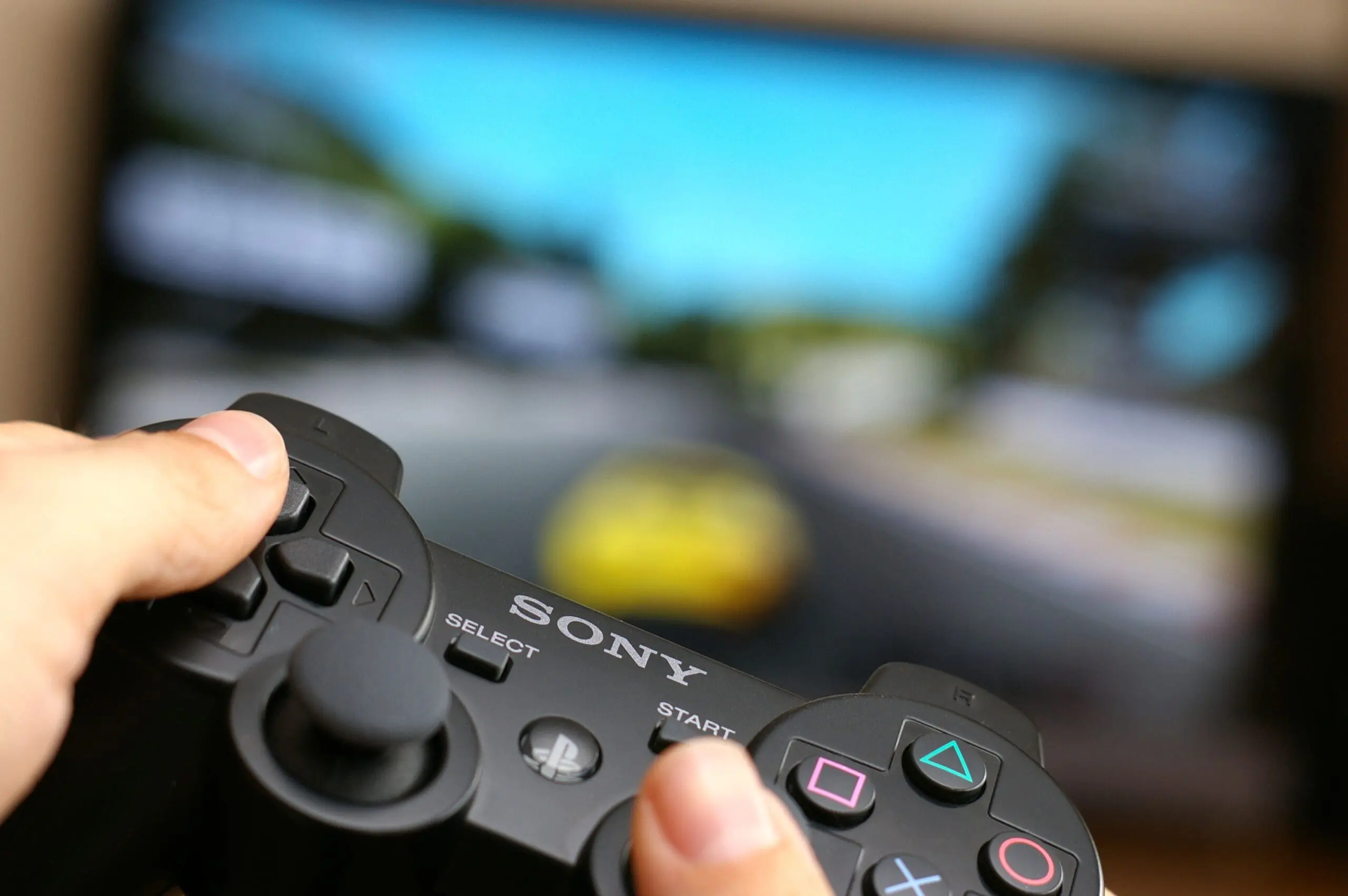Sony faces an anxious wait as tribunal decides if a claim worth £5bn is to go ahead
After a three day hearing Sony PlayStation is waiting to find out if the tribunal will green light a claim that says 8.9m people have been overcharged
Sony Playstation is playing a waiting game as the Competition Appeals Tribunal retires to consider if the case being brought by the proposed class representative Alex Neill should continue. During the three day hearing the tribunal heard pleadings from both parties.
Alex Neill, the proposed class representative in the case, said:
‘The Tribunal will now decide if the case should continue and if I’m able to represent all the affected consumers. Sony’s actions have resulted in an estimated 8.9m consumers being overcharged, so we hope to get the green light to go to a full trial as soon as possible. We need to continue this claim to hold Sony to account and help people get back what they’re owed.’
Why has this case been brought?
Back in August 2022 consumer rights expert Alex Neill lodged a complaint accusing Sony PlayStation of ‘ripping people off’. The complaint, on behalf of an estimated 8.9 million affected UK consumers, alleged Sony was in breach of competition law as it had abused its market power to impose unfair terms and conditions on game developers and publishers, forcing up prices for consumers. Specifically it took issue with the charging of a 30% commission on every digital game and in-game purchase made through the PlayStation Store. Sign up to stay updated as the claim progresses.

Competition tribunal to decide if claim goes to trial
The Tribunal set a date of 7 June 2023 for what is known as the ‘Collective Proceedings Order’ hearing to take place. It’s the first significant hurdle that any competition claim must pass for the case to go to trial.
During the proceedings the claimants’ Counsel Robert Palmer KC sought to get certification for the case to proceed to a full trial and for Neill to continue to bring the claim on behalf of affected consumers. The defendant’s Counsel Daniel Beard KC, acting on behalf of Sony PlayStation, asked the tribunal to strike out and end this ‘misconceived’ claim.
Sony argues claim should be struck out
On the first day of the trial Daniel Beard KC set out Sony’s stall, arguing that Neill, the Proposed Class Representative, had failed to plead the case properly.
Beard KC argued that the correct legal basis for the claim was a refusal to supply, not an abuse of dominance claim. He said the claim would fail as there had been no request to set up a competing store from any other party and because to succeed Sony would need to grant a different and wider licence to publishers ‘that it simply would not do’.
Beard KC said Sony operated a closed system, like all other consoles, that it was entitled to refuse to supply others to ‘use our land’ and pointed to the significant investment Sony had made in the console.
Neill’s legal team vigorously defend the claim against Sony
Each of these points were strongly disputed by the claimant team representing Neill, with Robert Palmer KC responding during day one and two of the case. Palmer KC said the correct legal basis for the claim was an abuse of dominance by Sony and there was no need to establish a refusal to supply, and there had been no request made to supply because of the barriers Sony had put in place.
Neill’s team also strongly challenged the assertion from Sony that this claim was asking Sony to grant a wider licence. Palmer KC said it was actually asking for the removal of the anti-competitive restrictions in the licences. This would then allow others to compete with Sony in the distribution of games in a way that wouldn’t require them to use Sony’s property. This was illustrated with a colourful comparison with coffee pods that market themselves as being ‘Nespresso compatible’ without using the brand’s trademark.
The ‘imagined’ claimants
Sony raised issues with the class definition that Neill and her team advanced, where they said it includes ‘imagined’ claimants because it hadn’t put the filing date as the end date on the claim. For consumers this would mean if you bought a Playstation after 19 August 2022 you would not be included in the claim.
Neill’s legal team said it wanted to include these ‘new’ claimants as it believes the abuse is ongoing and as a matter of practicality if you had to file new claims it would incur unnecessary, additional costs and time. Palmer KC also pointed out the class definition was similarly drafted to definitions used in previous cases, including Qualcomm, which have all been certified.
The final area of heated contention was the methodology proposed by the claimant, with the defence describing the development of it as ‘on the hoof’, saying there’s a lack of clarity as to what it is dealing with and how it will be used. Palmer KC robustly set out his position that the methodology was a sufficient blueprint for trial and this was ‘not a dispute on methodology. It’s a dispute on the facts’. Palmer KC put it to the tribunal that this is a matter to be settled at trial not certification, saying ‘this is all for another day’ and the areas of ‘legitimate dispute’ could all be managed with careful case management.
What will happen next
Having heard both sides of the argument the Tribunal is now considering all the evidence and will publish a judgement in the coming weeks that addresses the issues and will decide whether the claim and the representative will be certified to go to trial.
How do I get compensation?
If this claim gets certified and you meet the eligibility criteria, you’re automatically included because it’s being brought on a so-called opt out basis. If you live in the UK and owned or still own a PS4 or 5 from August 2016 to today and have bought digital games or purchased in-game content you are automatically eligible.
Sign up to Consumer Voice to stay updated as the claim progresses, and to find out if and when you can claim compensation.
Related claims

Steam
Valve Corporation – who owns gaming platform Steam – is accused in £656m compensation lawsuit of blocking competition and overcharging 14m UK consumers.

Sony Playstation
8.9m Playstation customers may have overpaid for games or in-app purchases and be owed hundreds of pounds in compensation. Sign up here for more information.

Apple App Store
Apple faces allegations of excessive App Store charges of £1.5bn. Sign up to stay updated if you bought apps on your iPhone or iPad since 1 October 2015.


